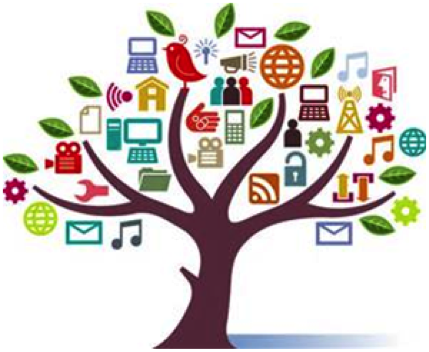Do Social Media Movements Really Help Their Causes?

Over the past year, most people have seen or taken part in the ALS Ice Bucket Challenge. That is just one example of the many social media movements that have spread across the Internet. Social media is an easy and efficient way to communicate and spread thoughts, ideas and news. Although quickly shared, is social media an otherwise effective method of solving problems or gaining positive support for causes? The anonymous nature of social media platforms allows people to become more vocal with their opinions, sometimes outwardly expressing a thought that they would otherwise be afraid to say.
Social media is a great way to promote charities, whether for a disease, disaster or other devastating event. People that would otherwise be oblivious are now aware of charities that operate for amazing causes. In some cases, this leads to the collection of a significant amount of donations which wouldn’t have been possible without the help of social media. The Ice Bucket Challenge, for example, raised millions of dollars for ALS research. Movements within social media are sometimes very positive and help their cause by gaining interested supporters.
Although social media is a great way to raise money for charity, it is also a very negative and dangerous place if misused. Although the ALS Ice Bucket Challenge raised a large amount of funding, it eventually was twisted and turned into a fun challenge with friends. In some cases, it lost its original purpose, and went from the “ALS Ice Bucket Challenge” to the “Ice Bucket Challenge.”
And whether in person or behind a screen, movements will always have people who oppose them. Social media often amplifies tension between different groups because people are anonymous and free to speak their mind without consequences. Unfortunately, this often leads to cruel and offensive fighting between people of different opinions regarding politics, gender, race and sexual preference. Harsh comments made on social media aren’t nearly as common when speaking in person. People speaking face-to-face are not as aggressive and usually try to respect the opinion of the person that they are talking to. Are these actions really worth the amount of cruelty that they cause?
These movements may cause fighting, but fighting can never be avoided. If the action is for a legitimately good cause, then social media is often a great way to spread messages and raise awareness about a topic. Like with most things, something positive on social media can easily be twisted into something negative. Often, it depends on the issue. For example, expressing your views on animal cruelty might not set as many people off as stating your opinion on racial or gender inequalities. If your expression of thoughts and ideas through social media doesn’t hurt others, it can be an excellent way to find people with similar beliefs. But people must be cautious before they post something and stay aware that there will be people who may not agree. Once that’s understood, the sky’s the limit to the amount of knowledge, beliefs and positive messages that can be shared around the world. When it comes to social media, there are a lot of negative consequences, but overall, the good outweighs the bad.




